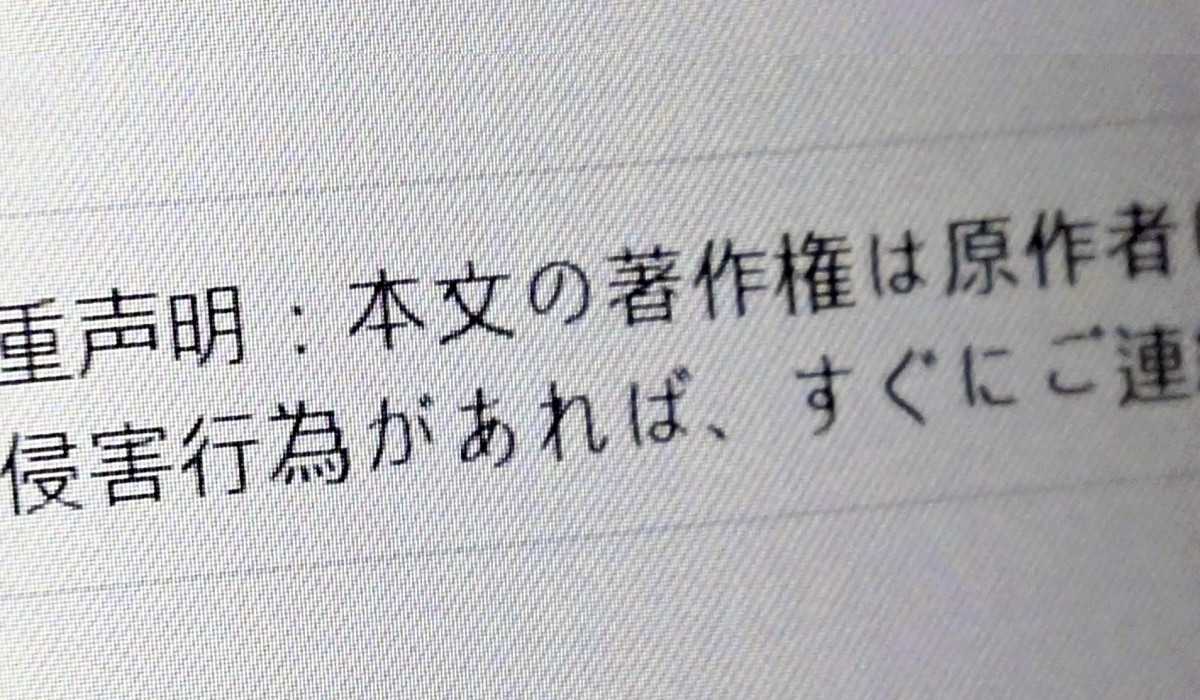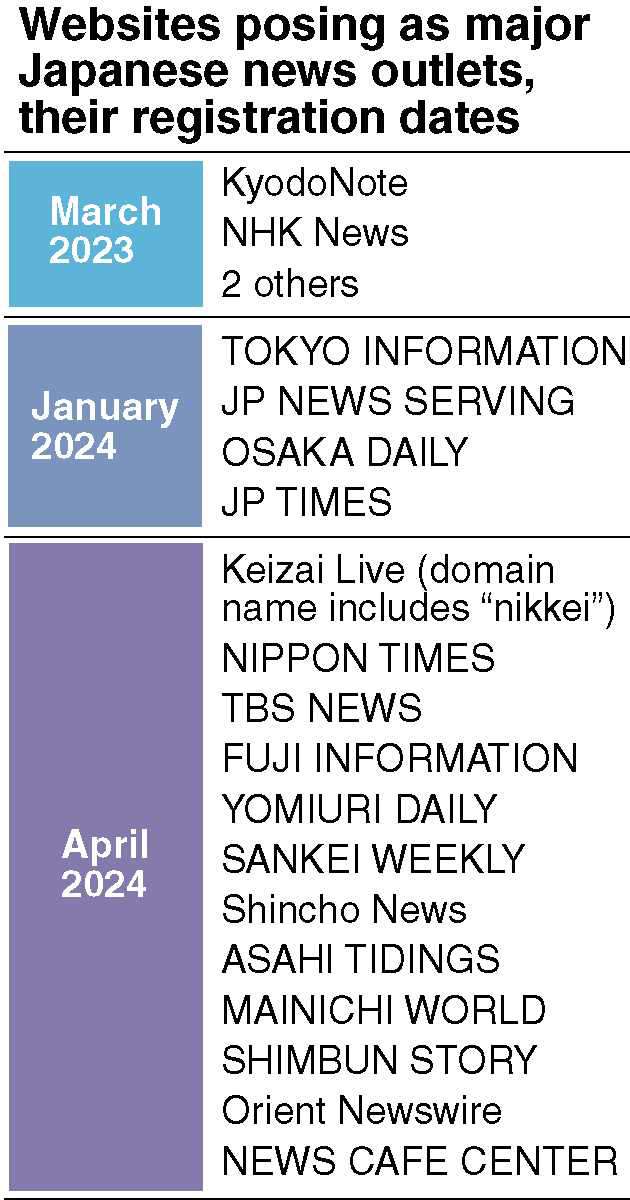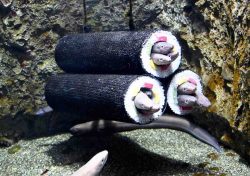20 Sites Found to be Posing as Major Japanese Media Outlets; Expert Suggests Sites Might Have Been Systematically Created

A screen grab from one of the 20 websites posing as a major news outlet, including “Yomiuri Daily.” The first four characters are written in Chinese.
15:03 JST, November 5, 2024
Twenty websites have been found to be posing as major Japanese news outlets, it has been learned.
According to an investigation by The Yomiuri Shimbun, the websites have been posting articles from legitimate news outlets without their permission, possibly in violation of the Copyright Law and the Trademark Law. The sites all use the same internet service provider and some of the text is written in Chinese.
One expert has pointed out that they might have been systematically created to prepare “influence operations,” which are aimed at causing confusion with false information.
The Yomiuri Shimbun conducted the investigation using multiple websites that allow users to check public information, such as internet service providers and domain names, and found 20 websites using names similar to domestic newspaper companies, television companies, news service agencies and publishers, such as “Yomiuri Daily,” “Asahi Tidings” and “NHK News.” All 10 companies whose names are used by these websites have denied any connection with them.
These websites are updated every day and post articles and photos that were originally published by existing news organizations. In some cases, hundreds of articles were posted in a single day. Disinformation or articles degrading Japan have not been found.
Articles on the websites refer to sources and mention that they were copied and compiled from other media outlets. However, unauthorized reproduction is a violation of the Copyright Law, and using other companies’ names may infringe on the Trademark Law.

The 20 websites are believed to use the same provider based in Singapore and most of their domain names were registered on either March 6, 2023, Jan. 18, 2024, or Apr. 12, 2024. The websites’ IP addresses, which are a string of numbers that correspond to a specific device’s online address, were also close to each other.
These sites were likely to have been created using the same template.
Ads do not appear on these sites, and Chinese is used in certain parts of the source codes. Some categories were also written in Chinese. For example, the category for “Sports” was written in Chinese characters.
South Korea’s National Intelligence Service and others revealed 38 websites posing as South Korean media outlets in November last year and disclosed the names of the companies operating these sites, including a PR company in Shenzhen, China.
The Citizen Lab, a research institute in Canada, reported in February that it had confirmed that websites posing as local media outlets spread pro-China information in 30 countries, including the United States and countries in Europe and Asia.
“It’s obvious that these sites were established in a systematic way,” said Hiroki Iwai, a security expert who is familiar with online manipulation of public opinions. “People may mistake them for legitimate media outlets. If these websites disseminate disinformation during contingency situations, it will post a threat to society.”
As the dissemination of disinformation has not been confirmed yet, Jun Osawa, senior fellow at Sasakawa Peace Foundation who is familiar with cyber security issues, said, “They may be at the stage of preparing for operations that take advantage of the credibility of major media outlets.”
Top Articles in Society
-

JAL, ANA Cancel Flights During 3-day Holiday Weekend due to Blizzard
-

Record-Breaking Snow Cripples Public Transport in Hokkaido; 7,000 People Stay Overnight at New Chitose Airport
-

Australian Woman Dies After Mishap on Ski Lift in Nagano Prefecture
-

Foreign Snowboarder in Serious Condition After Hanging in Midair from Chairlift in Nagano Prefecture
-

Train Services in Tokyo Resume Following Power Outage That Suspended Yamanote, Keihin-Tohoku Lines (Update 4)
JN ACCESS RANKING
-

Univ. in Japan, Tokyo-Based Startup to Develop Satellite for Disaster Prevention Measures, Bears
-

JAL, ANA Cancel Flights During 3-day Holiday Weekend due to Blizzard
-

China Confirmed to Be Operating Drilling Vessel Near Japan-China Median Line
-

China Eyes Rare Earth Foothold in Malaysia to Maintain Dominance, Counter Japan, U.S.
-

Japan Institute to Use Domestic Commercial Optical Lattice Clock to Set Japan Standard Time






















